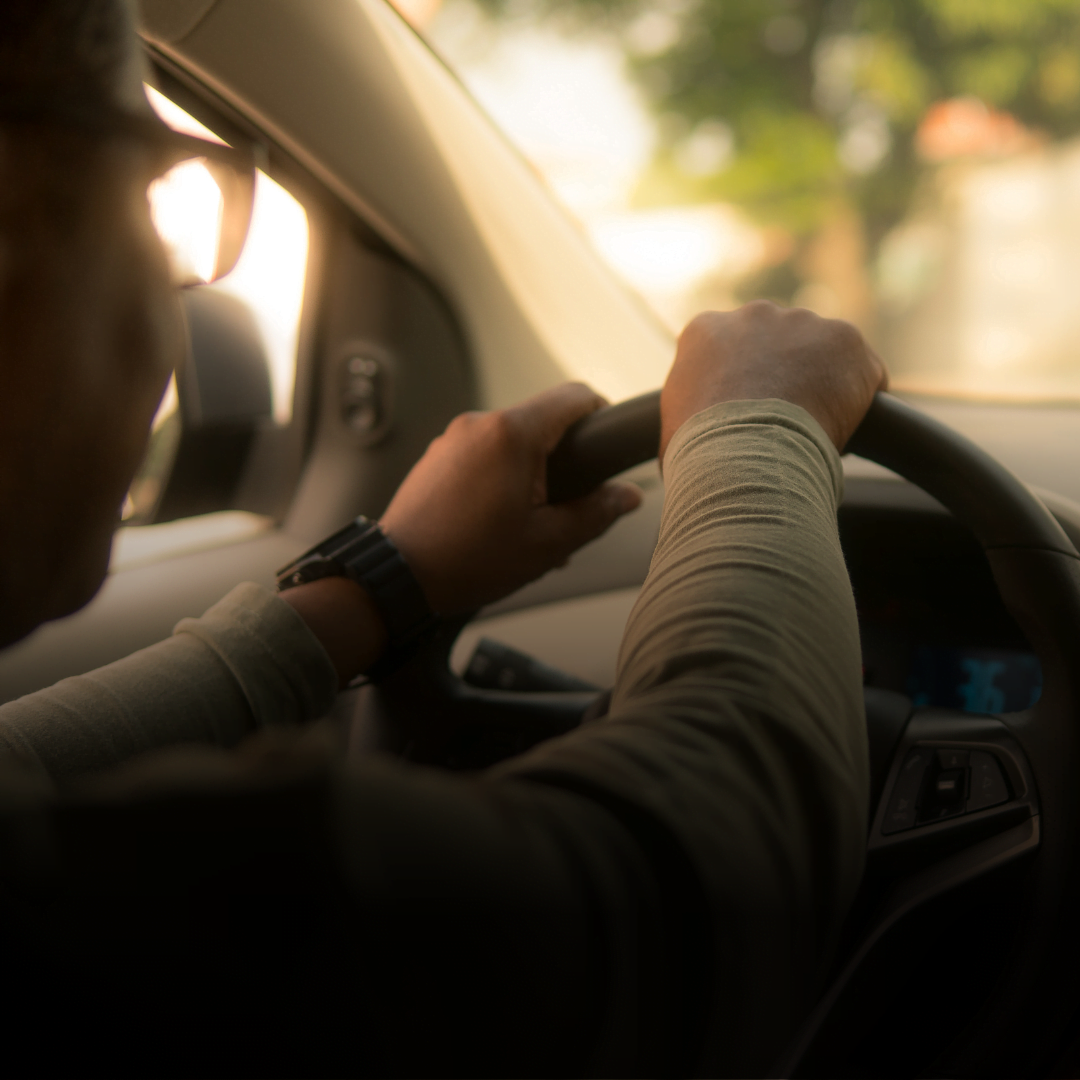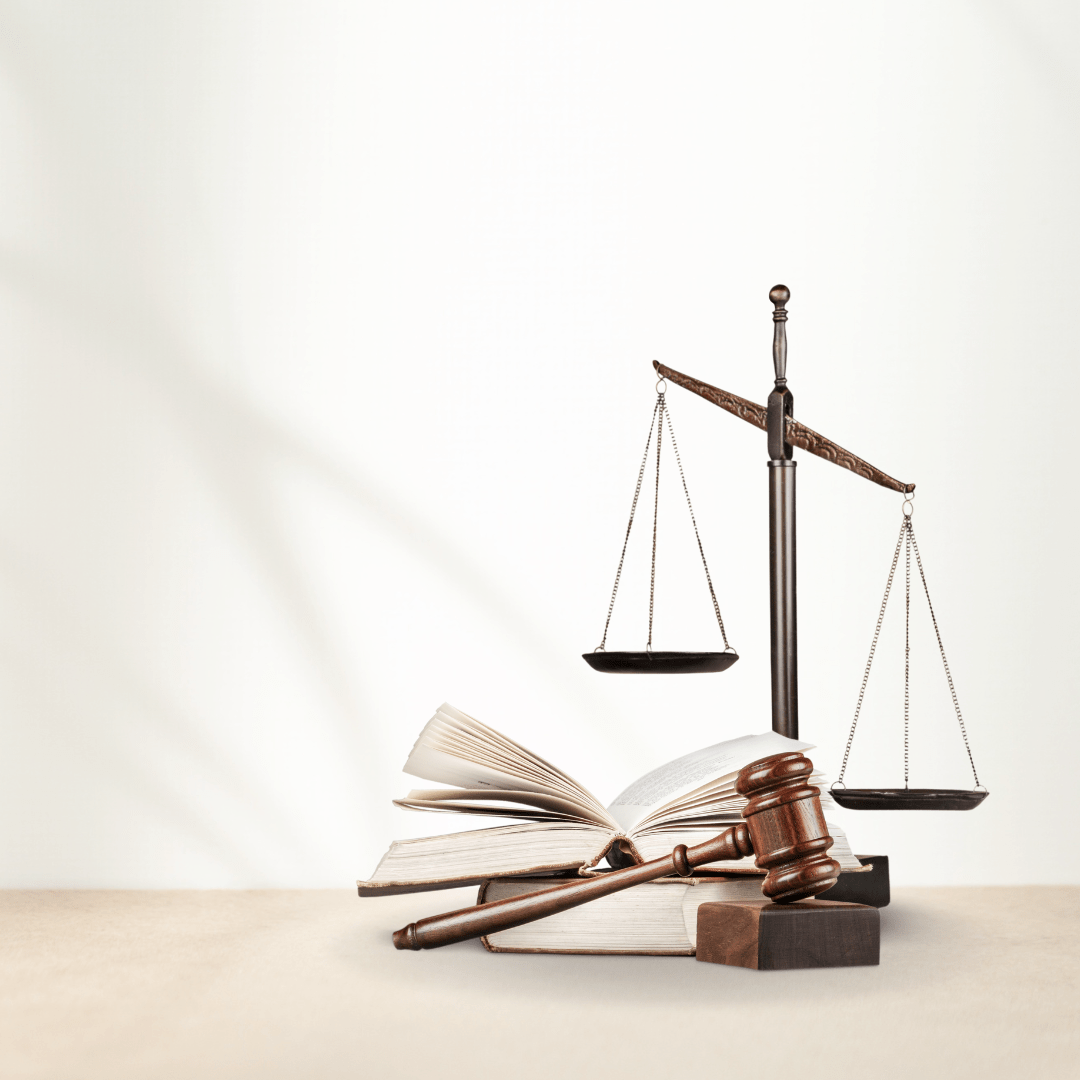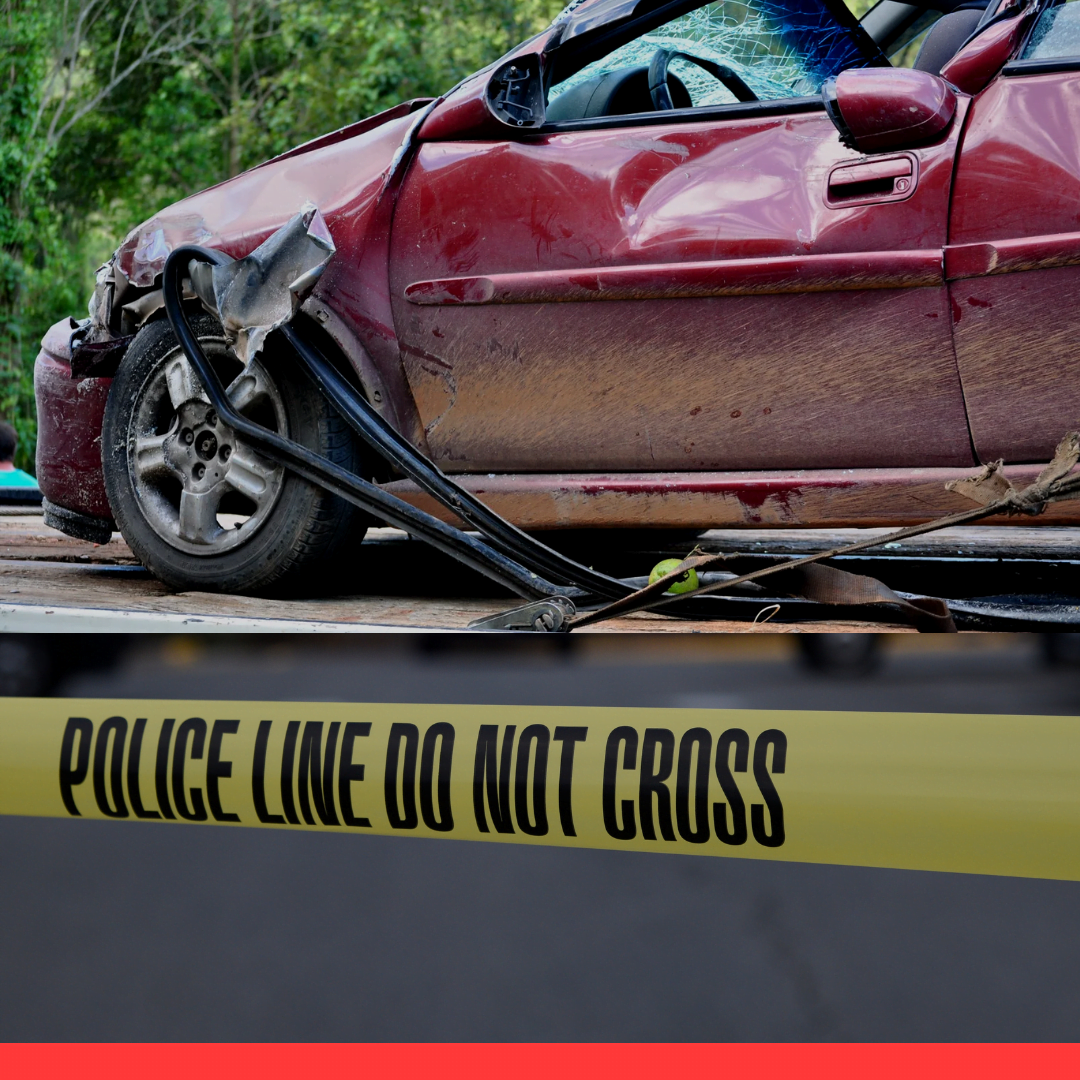Despite the Indian government’s investments in infrastructure and awareness, road accidents are making headlines with an alarming spike in numbers. However, it was in the month of May, when we witnessed another tragic news of two young IT professionals losing their lives after a speeding luxury car hit them. All the media channels and social media platforms were stunned with the news of a 17-year-old boy behind the wheel of the Porsche, resulting in the tragic end of two young people of our nation. Adding another shocking layer to the incident, the minor who not only lacked a driving license was also intoxicated at the time of the accident.
All the media channels and social media platforms were stunned with the news of a 17-year-old boy behind the wheel of the Porsche, resulting in the tragic end of two young people of our nation.
As per the reports, the minor who was drunk driving lost control of the speeding car and hit the victims who were in another vehicle. The negligence added to the lapse, led to a heavy collision sparing no chance for the survival of the victims, unfortunately. The accused minor was given bail immediately by the Juvenile Board a few hours after the tragic incident on the condition that he would write an essay on road accidents. This begs the question: If the privileged people who wield power can escape accountability this easily, who do we trust when tragedy hits? Who do we turn to when power prevails over justice?
What did the police do about the accident? How did the public react?
The incident that happened in the early hours of Sunday immediately escalated with eyewitnesses pointing out the crime of the minor. Within hours after the crime, the minor was granted bail by the Juvenile Justice Board on the condition of writing an essay. The bail news also stirred outrage among the public demanding justice for the victims. According to the reports, the Pune police have said that they have tried the minor as an adult but the Juvenile board negated that. The board eventually gave the police force permission to investigate the case further. Investigations so far disclose that the minor involved claimed to have zero to little memory of the accident making it more heartbreaking.

Reports claim the police took swift action against the teenager, charging 304 instead of 304(a), ‘Here, we are not applying a case of 304(a) of the Indian Penal Code of drunken driving and a rash and negligent act. We are applying Section 304, where we are saying that he had the knowledge that his rash act – where he was driving a Porsche without a number plate at a rash speed on a narrow street after consuming alcohol – could cause or was likely to cause death,’ said the Pune city commissioner to the media.
The outrage among the public about the accident also led the police force to take action against the restaurant executives and the father of the minor for giving alcohol to a teenager. Furthermore, cases have been charged against the minor’s family for allegedly kidnapping the family’s driver and pressuring him to take responsibility for the crime. These all show how justice can be derailed if an individual upholds power and privilege over the legal outcomes, with the flawed system neglecting the need to address it. If the accused holds status and power, what is the cost of justice in India?
What does data say about underage/drunk driving and road accidents?
Underaged driving and drunk driving have significantly increased in many parts of India causing alarming news headlines about road accidents all over the media. In a recent report of a survey conducted by Community Against Drunken Driving (CADD), around 81.2% of the 30,000 respondents admitted to driving when intoxicated by alcohol. The focus on underaged driving offences has intensified after the Porsche accident that killed two youngsters. The Delhi Traffic Department has even urged parents and guardians to take responsibility and refrain from giving vehicles to minors.
In a recent report of a survey conducted by Community Against Drunken Driving (CADD), around 81.2% of the 30,000 respondents admitted to driving when intoxicated by alcohol.
Compared to last year, this year the police has issued 487 challans, almost double the number of challans of the previous year. As per another report by TOI, if underage drivers were caught, they were either fined or sent to jail with a suspension of the license or sent for community work. With all these actions against underage driving, when individuals with power are in the spotlight, the disparity in accountability comes to the forefront making it a whole different story.
The crossroads of power, privilege, and bad parenting
As per the reports, the accused paid an amount of Rs.48000 at the pub the teen and his friends visited, said Police Commissioner Amitesh Kumar. This questions the efficiency of the “strict” laws of our judicial system where alcohol is easily available and accessible for a minor boy despite the legal drinking age of 21 and how easily one can evade traffic rules driving a car without a license. The way this incident is handled by granting bail easily inarguably betrays the faith of common people who believe in seeking fair justice from the judicial system. It also sends a sad message of how morality and law come below money and power.

Writing an essay on road accidents does not equate to the legal outcomes any common man might face when involved in a murder case. The privilege thwarts the genuine justice the victim’s family deserved by sending a disturbing message to the general public. Furthermore, as per the reports, the FIR registered by the Assistant police officer reads the father’s involvement in the incident, ‘Upon inquiry, the minor has said his father had handed over the grey Porsche to him despite knowing that he had no driver’s training and did not have a driver’s license. He has also said his father allowed him to party with his friends and that his father was aware that he was consuming alcohol,’ reads the FIR.
The involvement of parents in this and how it affects society on a larger scale cannot be overlooked here. The families of the victims who died in the accident have pointed this out speaking to the media, ‘He killed my son. Now, I will never be able to meet my son,’ she said. ‘It is the boy’s mistake, you can call it murder because if he had not made such a big mistake, no one would have died. If only his family members had paid attention, today my son would have been alive. This is murder,’ she further added.
This incident is a devastating reminder of how abuse of power with no proper parental guidance can lead to incurable incidents of shattered dreams.
The other victim’s families also pointed out the accountability of the minor’s parents. ‘The minor boy and his parents should get stringent punishment. They have not raised him properly. They should have not given him the car,’ the mother said.
These heart-wrenching voices of these mothers point the finger at the parents who have raised the minor with no remorse for the consequences while abusing power and privilege. Here the negligence of the minor did not just crash a mere vehicle but many dreams. This incident is a devastating reminder of how abuse of power with no proper parental guidance can lead to incurable incidents of shattered dreams. At a time where money can buy justice to a certain level, teaching youngsters moral and ethical responsibility and empathy is as important as learning the law and the repercussions of breaking it.
What becomes the cost of justice when the privileged refuse to take accountability?
The troubling move from the Juvenile board on the verdict of bail raises concerns about the credibility of our legal and judicial system. The hard slap-like question to the judicial system would be: Who do we turn to when such a serious incident is trivialised by mandating the accused to write an essay and perform volunteer work?

The inequality in serving fair justice and owning accountability where individuals are from influential backgrounds, even if temporarily, is alarming. This allows eople to evade consequences no matter how big the impact of the incident is and no matter how many lives get shattered. This underlines the pressing need to reassess the system, for justice to not get commercialised and for lives to not get cut short due to the negligence of affluent people.
When law gets commercialised, the relationship between justice and the legal outcomes deserves another debate in the court of public opinion.
Moving forward: What can be done?
Encouraging children to understand the law and abide by it starts from home. More than fearing the law, individuals should fear the negative outcomes of their negligence. All these “penalties” or laws have sadly failed at curbing the number of accidents caused by drunk driving or underaged driving. Instilling a fear of legal and moral ethics and repercussions with parental guidance along with a reassessment of the judicial system in enforcing a strong legal framework in maintaining the faith of the general public is needed.
This incident in Pune should be an eye-opener for the society and authorities to reflect upon the social issue that affects us on a large scale. Before we say, “enough is enough”, how many more shattering of souls are we going to witness?
The questions are many, contemplating the need to be treated equally. Echoing the point again, the privileged should not be in power to determine the cost of justice anymore. It is imperative to remind everyone, that no one is above law and justice.





